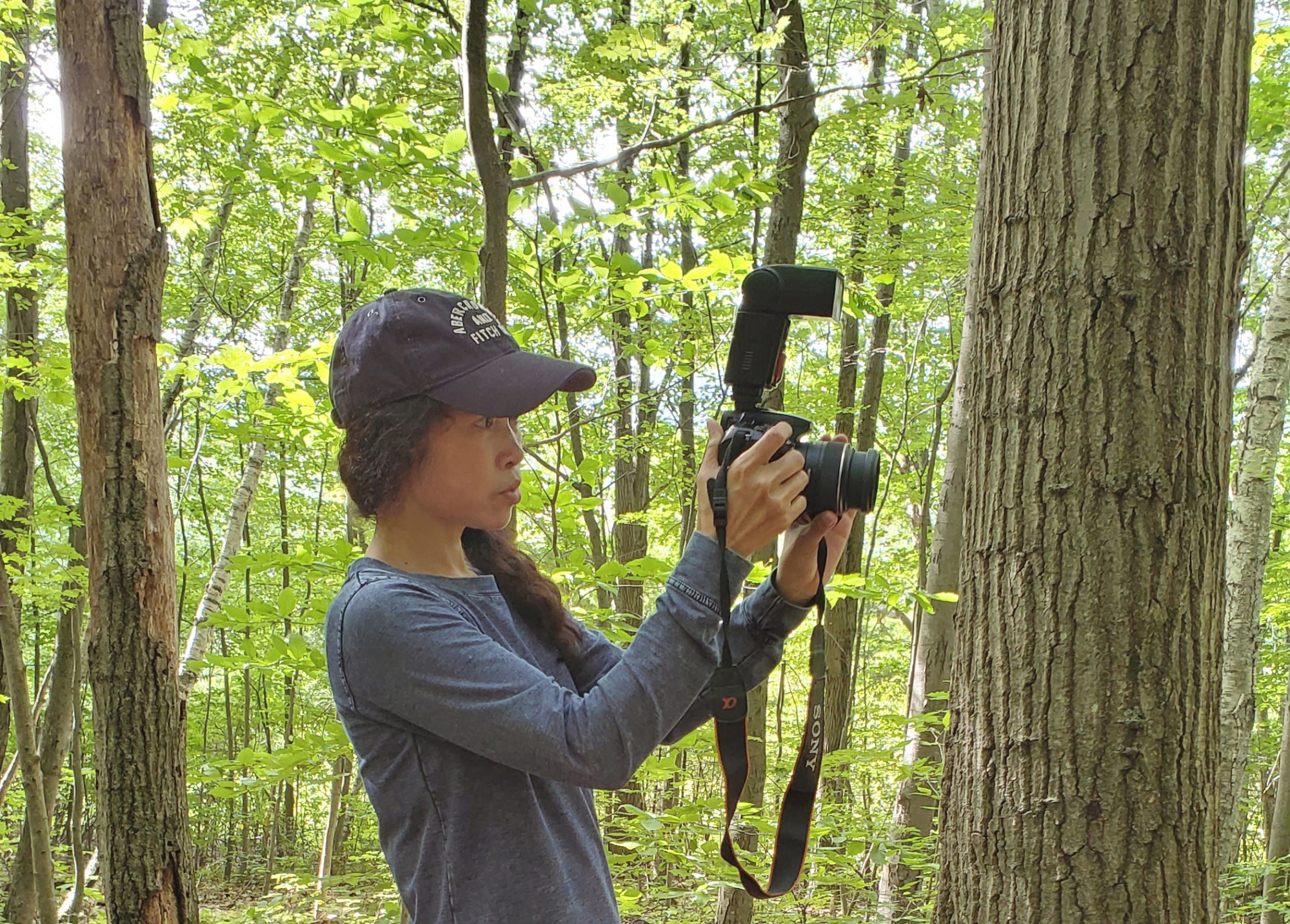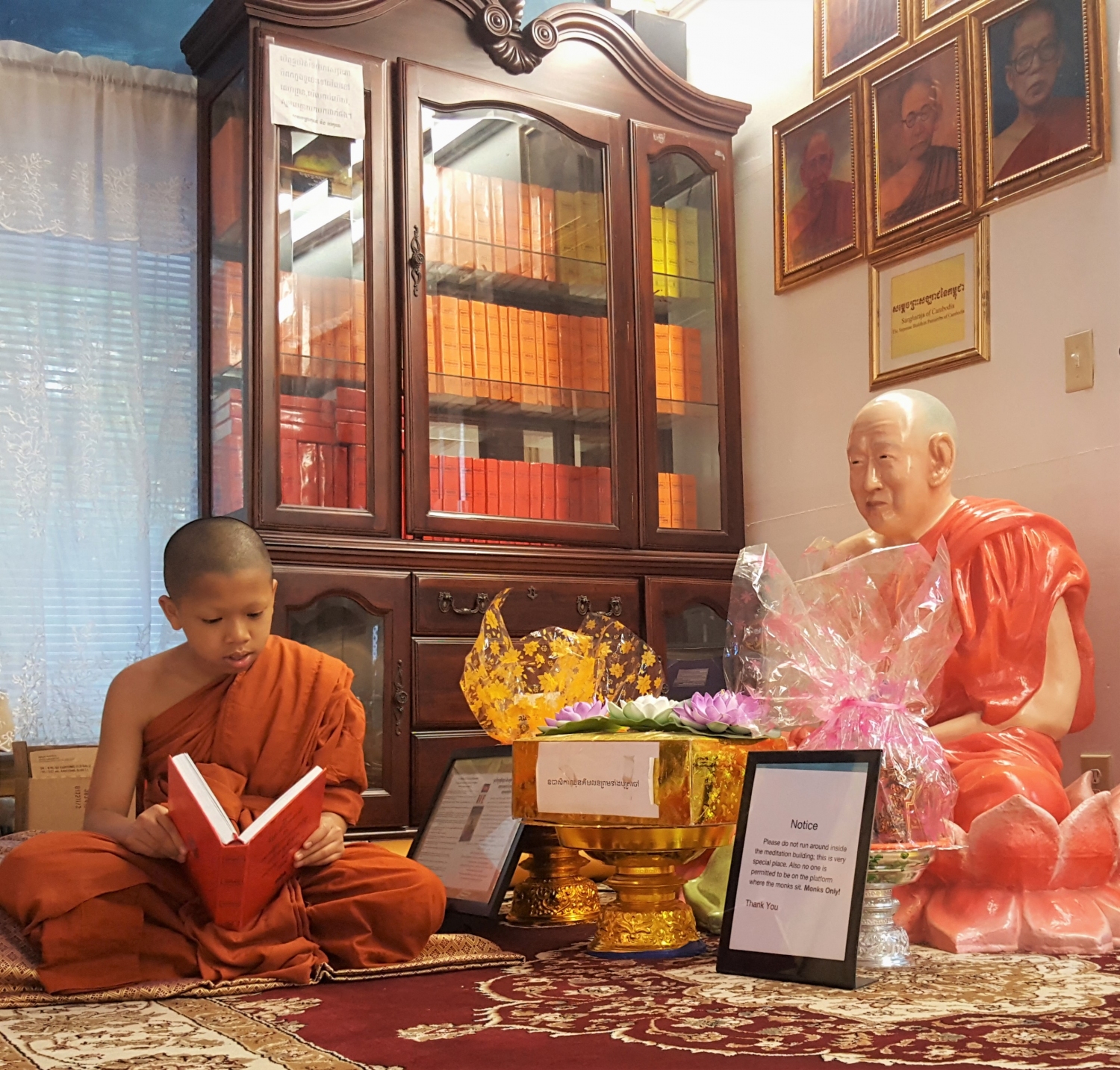The Story of Culekasataka
Verse 116: One should make haste in doing good deeds; one should restrain one’s mind from evil; for the mind of one who is slow in doing good tends to take delight in doing evil.
The Story of Culekasataka
While residing at the Jetavana monastery, the Buddha uttered Verse (116) of this book, with reference to a brahmin couple by the name of Culekasataka.
There was once a brahmin couple in Savatthi, who had only one outer garment between the two of them. Because of this they were also known as Ekasataka. As they had only one outer garment, both of them could not go out at the same time. So, the wife would go to listen to the discourse given by the Buddha during the day and the husband would go at night. One night, as the brahmin listened to the Buddha, his whole body came to be suffused with delightful satisfaction and he felt a strong desire to offer the outer garment he was wearing to the Buddha. But he realized that if he were to give away the only outer garment he had, there would be none left for him and his wife. So he wavered and hesitated. Thus, the first and the second watches of the night passed. Came the third watch and he said to himself, “If I am so miserly and hesitant, I will not be able to avoid falling to the four Lower Worlds (apayas); I shall now offer my outer garment to the Buddha.” So saying, he placed the piece of cloth at the feet of the Buddha and cried out “I have won” three times. Continue reading












